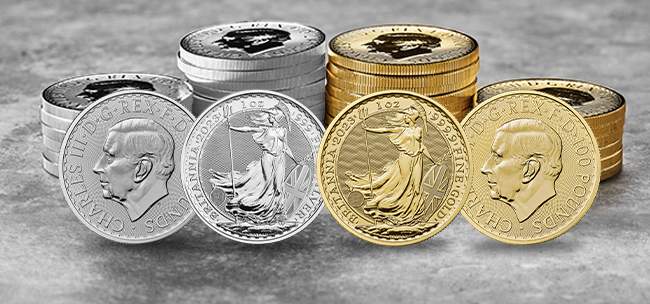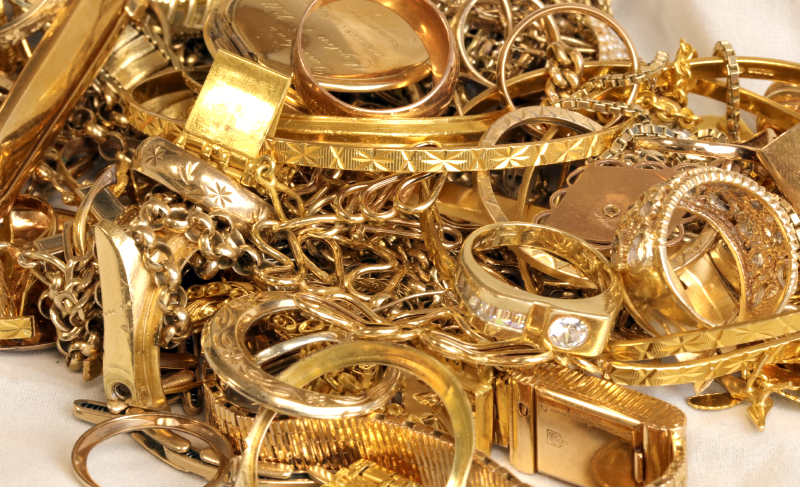Key Takeaways:
• Selling gold can be profitable, but it’s important to understand the tax implications involved.
• For larger investors, diversifying their portfolio with CGT-free gold, like British Gold Coins allows them to liquidate larger quantities of gold before paying tax on their profits.
• If you’re unsure about your liability or potential liability for CGT, especially if you have a complex asset portfolio, it’s worth consulting your tax advisor before making any sales.
For investors looking to sell their gold, it’s important to consider the tax implications to maximise their profits. In this article, we’ll outline how to sell gold and understand the tax implications involved.
Capital Gains Tax and Selling Gold
Capital Gains Tax (CGT) is a tax that investors must pay on profits above a certain threshold on certain types of investments, including precious metals like gold. When selling gold, the amount of CGT owed is based on the profit earned from the sale, calculated as the difference between the purchase and sale price. It’s essential to note that the burden of declaring CGT is on individual investors.
Tax-Free Gold and Maximizing Profits

For larger investors, diversifying their portfolio with CGT-free gold, like British Gold Coins produced by The Royal Mint, allows them to liquidate larger quantities of gold before paying tax on their profits. Tax-free coins are highly sought after because they have a higher resale and profit margin compared to other forms of gold investment, making them easily liquidated. Plus, gold coins come in a range of sizes and denominations, providing sellers with the flexibility to sell precisely how much gold they want, whenever they want.
CGT Thresholds and Rates
CGT legislation allows for a personal annual exemption allowance on profits up to £12,300 for the tax year 2022/2023. The personal annual exemption allowance for the tax year 2023/2024 will be reduced to £6,000 and for 2024/2025 reduced again to £3,000. Most smaller investors won’t need to worry about CGT, but it’s crucial to consider any deductions that may be made after the point of sale before investing in gold. For those who make a profit above the threshold, CGT rates range from 10-28%, depending on personal taxation rate tiers and the nature of the assets sold. Different rates apply for individuals, businesses, trustees, representatives of a deceased person, sole traders, partnerships, and qualifiers for Business Asset Disposal Relief.
Selling Gold: Tips for Maximizing Profits

It’s worth noting that the CGT threshold, £12,300 at the time of writing, applies to all investments, so making a profit below the threshold for one item doesn’t mean you won’t eventually have to pay tax if you exceed the limit through further sales in the same financial year. If you’re unsure about your liability or potential liability for CGT, especially if you have a complex asset portfolio, it’s worth consulting your tax advisor before making any sales. By keeping the tax implications in mind, investors can sell their gold with confidence and maximize their profits.

